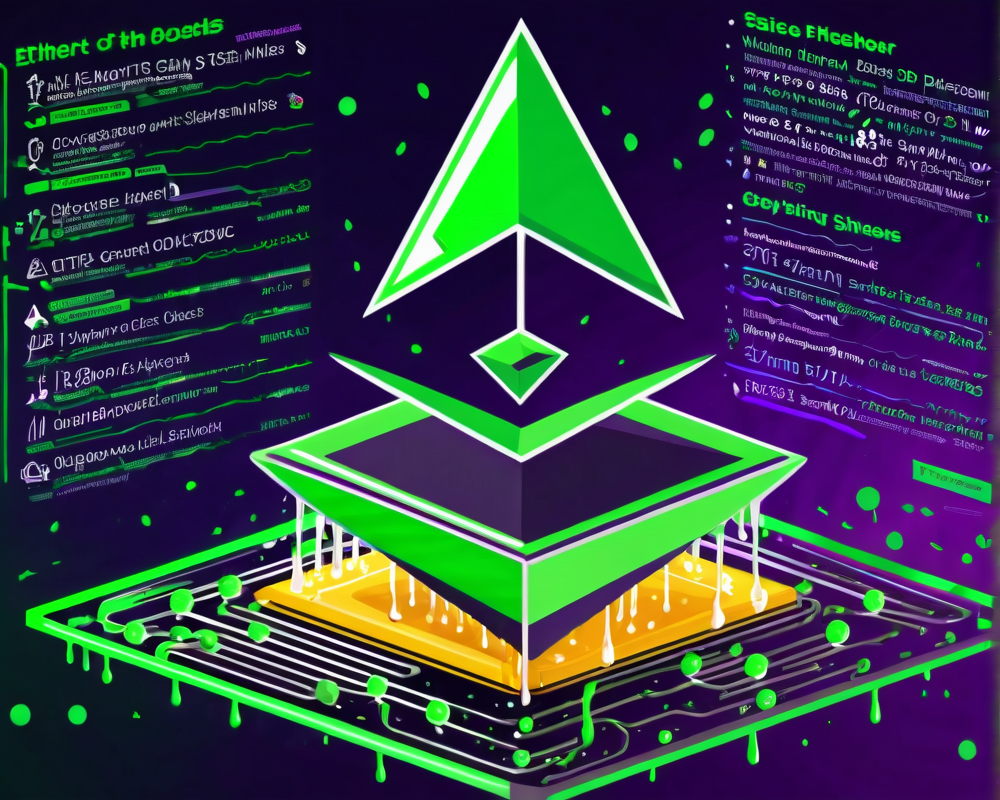The Revolution of Data Ownership
In a world overwhelmed by ever-increasing data, the concept of owning and managing one’s own data is nothing short of revolutionary. The savvy folks in Silicon Valley took notice, estimating the Web3 market at a staggering $2.9 billion last year, with projections soaring to a jaw-dropping $23.3 billion by 2028. Venture capitalists are diving headfirst into this brave new world, with reports indicating that Web3 was the most coveted investment deal last year. It seems like data ownership is the new gold rush!
Decentralized Storage Takes Center Stage
The rise of Web3 has led to a burgeoning need for decentralized storage solutions. Why, you ask? With the data volume ballooning globally, traditional centralized systems are grumbling under the weighty costs and energy consumption associated with security. Huobi Research Institute aptly put it—demand for storage has evolved from remote and instant cloud storage to blockchain decentralized storage. In layman’s terms, it’s like going from your grandma’s attic to a high-tech vault, but one that you control!
Breaking Down Decentralized Storage
So, what gives decentralized storage its superpower? Unlike its centralized cousins, decentralized systems don’t rely on a few big corporations (think: Amazon, Google) to hold all the data—those guys are like the cool kids who monopolize the lunch table at school. As Marta Belcher, president of the Filecoin Foundation, points out, having everything in one place creates a single point of failure. One blackout, and BAM! You’re left staring at a “website not available” message. Decentralized systems, however, create a robust network of individual devices, collectively acting like a supercomputer that’s too cool to go down!
Filecoin and the Goodies of Decentralization
Filecoin’s approach to decentralized storage is akin to setting up a neighborhood watch, but instead of preventing crime, it’s about safeguarding data. Users can rent out unused space on their devices and get paid in Filecoin tokens. That’s right, folks—now you can make a pretty penny just by having extra storage on your laptop collecting dust. As of now, Filecoin boasts an impressive 18 exabytes of storage capacity. It’s like bringing your pizza-loving friends for a feast—everyone contributes something to the table!
Real-World Applications and Benefits
Fascinating usage examples abound. Decentralized networks like Storj and Ankr are already leveraging this model for services such as cloud storage and facilitating blockchain transactions. John Gleeson, COO of Storj, asserts that the crowd-sourced approach grants users the freedom of private and secure infrastructure without the hefty overhead associated with traditional vendors. Privacy, security, and cost-efficiency? Sign me up!
Web3 to the Rescue
The decentralized web services aren’t just limited to storage; they’re spreading their tenacles into computing as well. Akash Network, for instance, is redefining the market for computing resources. Its auction-style marketplace allows users to sell their unused compute power at market-driven prices—97% savings compared to AWS, anyone? This means that even small players can compete with the big leagues!
Will Centralization Fade Away?
As much as the tech wizards are buzzing about decentralized solutions, it’s worth pondering whether centralized services will still hold their ground. Experts like Wilson Wei, COO of CyberConnect, argue that AWS isn’t going away anytime soon as it offers extensive services beyond mere storage. Yes, centralized systems do provide a sleek and efficient computing environment, and let’s face it—when it comes to complex operations, heavy lifting might still need a seasoned heavyweight.
The Future Looks Bright (and Decentralized)
While the two sides of this tech debate seem to be heading in opposite directions, the benefits of decentralized storage and web services are undeniably strong. Enhanced privacy, performance, durability, and lower costs can’t be sniffed at. So, are we on the brink of a decentralized revolution, or merely flirting with another tech fad? One thing is for sure, the chase for control over our own data has never been more real—and it’s anyone’s guess how this epic saga will end!



